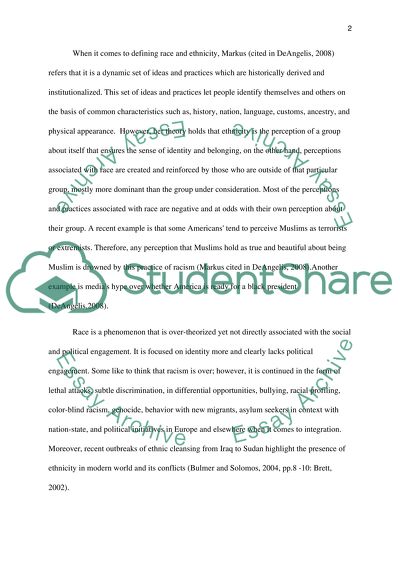Cite this document
(“In What Way(S), If At All, Do Race And Ethnicity Still Matter Essay”, n.d.)
In What Way(S), If At All, Do Race And Ethnicity Still Matter Essay. Retrieved from https://studentshare.org/sociology/1471106-in-what-ways-if-at-all-do-race-and-ethnicity-still-matter
In What Way(S), If At All, Do Race And Ethnicity Still Matter Essay. Retrieved from https://studentshare.org/sociology/1471106-in-what-ways-if-at-all-do-race-and-ethnicity-still-matter
(In What Way(S), If At All, Do Race And Ethnicity Still Matter Essay)
In What Way(S), If At All, Do Race And Ethnicity Still Matter Essay. https://studentshare.org/sociology/1471106-in-what-ways-if-at-all-do-race-and-ethnicity-still-matter.
In What Way(S), If At All, Do Race And Ethnicity Still Matter Essay. https://studentshare.org/sociology/1471106-in-what-ways-if-at-all-do-race-and-ethnicity-still-matter.
“In What Way(S), If At All, Do Race And Ethnicity Still Matter Essay”, n.d. https://studentshare.org/sociology/1471106-in-what-ways-if-at-all-do-race-and-ethnicity-still-matter.


